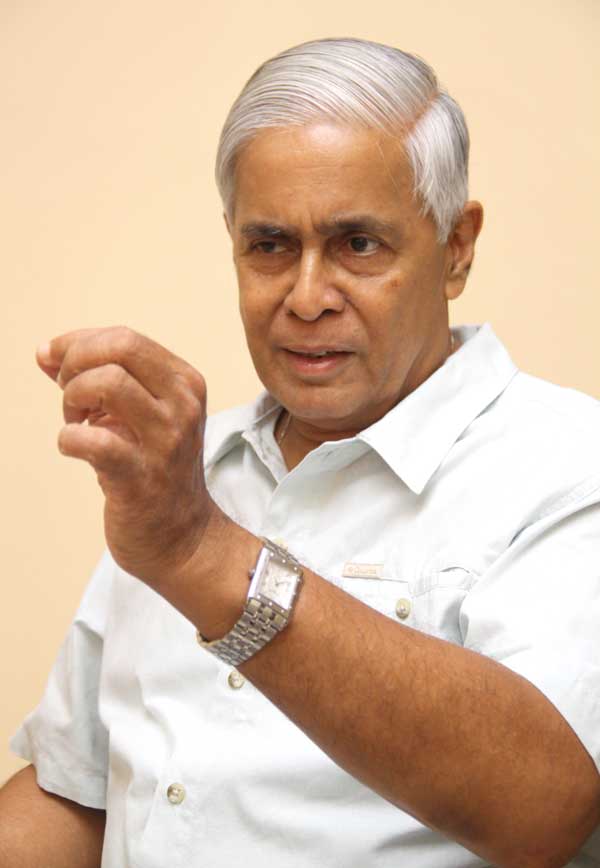Reply To:
Name - Reply Comment
Last Updated : 2024-04-24 11:56:00
.jpg) As the Provincial Council election for war ravaged Northern Province is nearing, various political parties have expressed various opinons on the 13th Amendment and Provincial Council system while some allies in the government have threatened to break away if the election is held. The Daily Mirror spoke to former Chief Justice Sarath N. Silva on the historical settings for the 13th Amendment, its present role and its validity after 26 years of its implementation.
As the Provincial Council election for war ravaged Northern Province is nearing, various political parties have expressed various opinons on the 13th Amendment and Provincial Council system while some allies in the government have threatened to break away if the election is held. The Daily Mirror spoke to former Chief Justice Sarath N. Silva on the historical settings for the 13th Amendment, its present role and its validity after 26 years of its implementation.

Add comment
Comments will be edited (grammar, spelling and slang) and authorized at the discretion of Daily Mirror online. The website also has the right not to publish selected comments.
Reply To:
Name - Reply Comment
US authorities are currently reviewing the manifest of every cargo aboard MV
On March 26, a couple arriving from Thailand was arrested with 88 live animal
According to villagers from Naula-Moragolla out of 105 families 80 can afford
Is the situation in Sri Lanka so grim that locals harbour hope that they coul